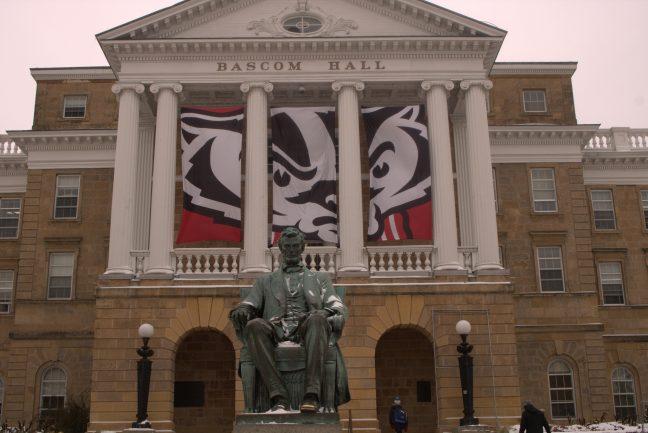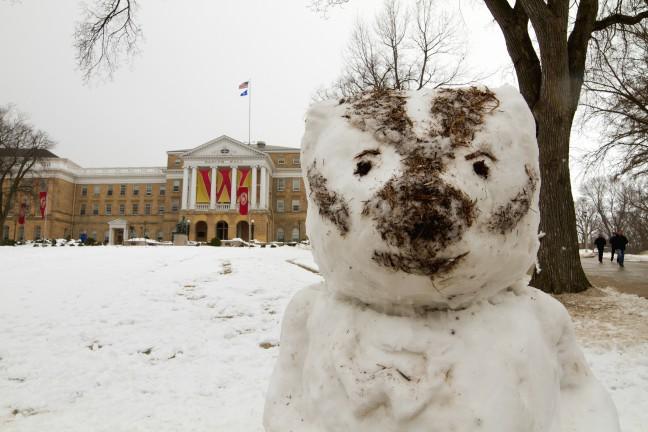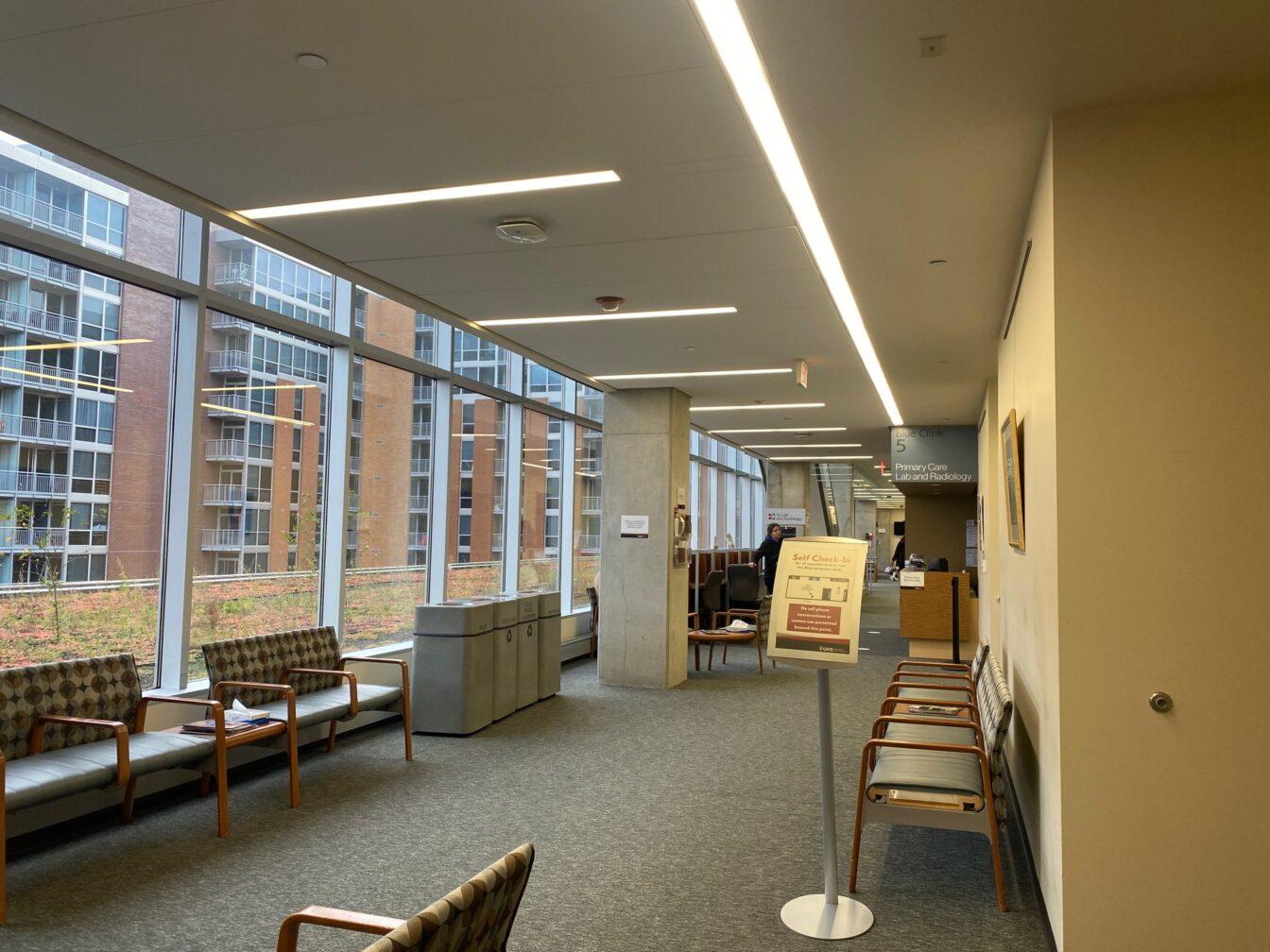The Distinguished Teaching Awards have been held since 1953 to recognize exceptional educators on the University of Wisconsin campus. Faculty, departments and student organizations can submit nominations for faculty members who they feel not only exceeded expectations as teachers but also profoundly changed the community.
The 2021 Distinguished Teaching Awards go to:
Associate Professor in English Caroline Gottschalk Druschke, awarded the Community-Based Learning Teaching Award.
Professor of Anthropology John Hawks, awarded the Van Hise Outreach Teaching Award, which recognizes excellence in outreach teaching.
Professor of Political Science Yoshiko Herrera, awarded the Chancellor’s Distinguished Teaching Award.
Professor of English Amaud Johnson, awarded the Chancellor’s Inclusive Excellence Award, which recognizes achievements in diversity and inclusion.
Associate Professor of Botany Kate McCulloh, awarded the Chancellor’s Distinguished Teaching Award.
Professor of Spanish and Portuguese Rubén Medina, awarded the Chancellor’s Distinguished Teaching Award.
Associate Professor of Communication Arts Jeremy Morris, awarded Chancellor’s Teaching Innovation Award, which recognizes innovative teaching.
Assistant Professor of Electrical and Computer Engineering Dimitris Papailiopoulos, awarded the 1958 Emil Steiger Teaching Award.
Associate Professor of Consumer Science Cliff Robb, awarded the Class of 1955 Teaching Excellence Award.
Associate Professor of Gender and Women’s Studies Sami Schalk, awarded the Chancellor’s Inclusive Excellence Award, recognizing achievements in diversity and inclusion.
Professor of Population Health Sciences Ajay Sethi, awarded the Chancellor’s Distinguished Teaching Award.
Professor of Law Mitra Sharafi, awarded the Chancellor’s Distinguished Teaching Award.
Assistant Professor of German, Nordic and Slavic+ Sunny Yudkoff, awarded the William H. Kiekhofer Teaching Award.
The Badger Herald interviewed UW Professor Yoshiko Herrera, who teaches classes in comparative politics focusing on US-Russian relations and social identities and is a recipient of the Chancellor’s Distinguished Teaching Award this year.
“Teaching and the quality of the students here has been something that I have been consistently grateful for almost every day,” Herrera said. “It’s cool that Wisconsin puts effort into recognizing teaching and it’s great that people are talking about teaching.”
There are a variety of awards to recognize different types of teaching and community engagement. For example, the Community Based Learning Teaching Award celebrates the “incorporation of meaningful community engagement into courses.”
Professor Caroline Gottschalk Druschke, this year’s recipient of the Community Based Learning Teaching Award, teaches two undergraduate courses — ENGL 245, a seminar in the English major, and ENGL/ENVST 305, called Rhetoric, Science and Public Engagement.
“I’ve really tried to commit to the best possible version of the Wisconsin Idea in my work … to try to put my research and teaching in the service of community-identified needs,” Druschke said.
Druschke’s research focuses on “the human and biophysical impacts of accelerating flooding” in the Kickapoo and Coon Creek Watershed regions.
Professor John Hawks, recipient of the Van Hise Outreach Teaching Award in 2021, studies human origins, where he works with genetic information from living and ancient people to understand where we came from and how populations are connected to each other.
When asked why he is passionate about being an educator, he stated his goals were to connect people through learning about where people come from and to reach a larger audience outside of just the university and scientific community.
In 2014, he taught an open course with over 40,000 people worldwide engaging in his videos, where he interviewed experts and visited archaeological sites from around the world.
“I love solving mysteries and finding new questions about the past, but it’s not very satisfying if it’s all by yourself,” Hawks said. “Worldwide, people have real misunderstandings about why people are different from each other and where those differences come from. And it is a fundamental not only message, but scientific fact, that humans have come from a common origin.”
By trying to reach as many people as he can, he said he was trying to demonstrate anyone can solve these mysteries and enjoy these discoveries.
“People should know that anyone can do this and that the results of it matter to anyone,” Hawks said.
The Wisconsin Idea, a fundamental tenet and tradition at UW, states education should influence people’s lives outside of just a classroom. All of these educators have made a profound impact not only to their students, but on the community and worldwide.
In order to celebrate their achievements, a virtual recognition ceremony will take place April 6 at 5 p.m. CST. The event is open to the public and those who are interested can contact the Office of the Secretary of the Faculty at [email protected] for information on how to attend.















